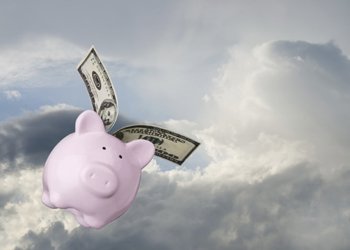Plans for attracting investment in the UK’s energy sector are “implausible”.
That’s according to a speaker at a conference held by the British Institute of Energy Economics yesterday on funding the country’s energy transition, held under Chatham House rules.
DECC estimates around £110 billion will need to be sunk into the UK’s energy industry over the next decade. The speaker pointed out the deep pockets of financial institutions will be needed to raise this amount of money, meaning Britain will have to compete for capital on a global market.
The speaker suggested this wasn’t feasible as Western Europe did not look like an attractive place to invest. He noted energy became the worst performing sector in the region in 2009, despite the high profile collapse in the banking sector, adding this poor performance was a European phenomenon and wasn’t the same elsewhere.
He highlighted political risks such as the ‘profit problem’ as a particular concern for investors: “Putting down hundreds of billions of pounds of brand spanking new assets in a very short amount of time will lead to higher profits. They won’t lead to fantastic returns on capital – in fact returns on capital will go down. But in terms of reported profit you will get a lot of it and the question is, are the public and the politicians really willing to go along with that level of profit?”
He raised the spectre of a political backlash to levy charges on bills for renewable energy and tackling fuel poverty. DECC says this would be capped at £7.6 billion (in 2012 prices) by 2020.
The speaker also slammed the department for failing to say how the cap would work during the following decade but claimed it would need to rise to around £25 billion by 2030 according to his own figures – not much less than what consumers spent on all electricity last year.





